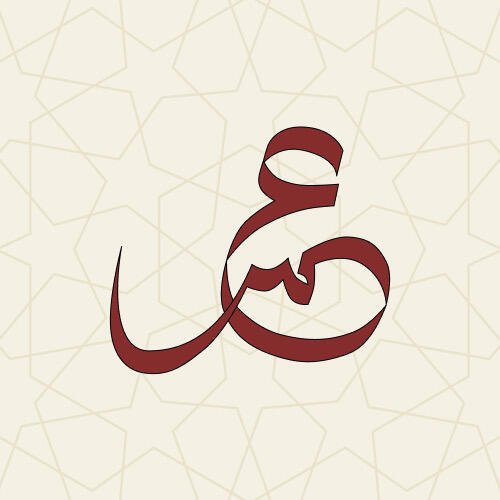UmarQadmiri on Nostr: ISLAM SOLVES THE SCAPEGOAT PROBLEM René Girard’s theory of scapegoating highlights ...
ISLAM SOLVES THE SCAPEGOAT PROBLEM
René Girard’s theory of scapegoating highlights the universal tendency of human societies to transfer their collective tensions onto a victim, thereby restoring harmony through violence. While Girard views Christianity, particularly the crucifixion of Jesus, as the ultimate revelation and solution to the scapegoat mechanism—exposing its injustice and siding with the innocent victim—this claim warrants deeper scrutiny. Islam, in fact, offers a more comprehensive framework for addressing and transcending the scapegoat problem, not merely through revelation but through systemic structures aimed at preventing its recurrence.
Central to Islam’s approach is its emphasis on justice (‘adl) and the eradication of social inequities that often underlie mimetic rivalries. The Qur’an directly challenges the foundations of scapegoating by instituting principles that safeguard the dignity and rights of every individual, such as strict prohibitions against slander, false accusations, and bearing witness unjustly (Qur’an 49:12, 24:4). Additionally, Islam dismantles the need for sacrificial violence by firmly rejecting the idea that innocent blood can atone for collective guilt. The Qur’an explicitly denies the crucifixion of Jesus (4:157), asserting that no human being should serve as a scapegoat for humanity’s sins. Instead, accountability is individualized, and divine mercy is accessible directly, eliminating the sacrificial economy altogether.
Islam also establishes mechanisms to prevent the escalation of social tensions, such as mandatory almsgiving (zakat), communal prayer, and a legal system rooted in fairness and reconciliation rather than punitive vengeance. These practices address the root causes of conflict—poverty, inequality, and alienation—while fostering a sense of unity grounded in shared responsibility rather than collective blame. Unlike Girard’s interpretation of Christianity, which reveals the injustice of scapegoating but does not entirely remove its structural causes, Islam integrates its critique into a lived ethical and social order, making it the more robust solution to the scapegoat problem.
René Girard’s theory of scapegoating highlights the universal tendency of human societies to transfer their collective tensions onto a victim, thereby restoring harmony through violence. While Girard views Christianity, particularly the crucifixion of Jesus, as the ultimate revelation and solution to the scapegoat mechanism—exposing its injustice and siding with the innocent victim—this claim warrants deeper scrutiny. Islam, in fact, offers a more comprehensive framework for addressing and transcending the scapegoat problem, not merely through revelation but through systemic structures aimed at preventing its recurrence.
Central to Islam’s approach is its emphasis on justice (‘adl) and the eradication of social inequities that often underlie mimetic rivalries. The Qur’an directly challenges the foundations of scapegoating by instituting principles that safeguard the dignity and rights of every individual, such as strict prohibitions against slander, false accusations, and bearing witness unjustly (Qur’an 49:12, 24:4). Additionally, Islam dismantles the need for sacrificial violence by firmly rejecting the idea that innocent blood can atone for collective guilt. The Qur’an explicitly denies the crucifixion of Jesus (4:157), asserting that no human being should serve as a scapegoat for humanity’s sins. Instead, accountability is individualized, and divine mercy is accessible directly, eliminating the sacrificial economy altogether.
Islam also establishes mechanisms to prevent the escalation of social tensions, such as mandatory almsgiving (zakat), communal prayer, and a legal system rooted in fairness and reconciliation rather than punitive vengeance. These practices address the root causes of conflict—poverty, inequality, and alienation—while fostering a sense of unity grounded in shared responsibility rather than collective blame. Unlike Girard’s interpretation of Christianity, which reveals the injustice of scapegoating but does not entirely remove its structural causes, Islam integrates its critique into a lived ethical and social order, making it the more robust solution to the scapegoat problem.
